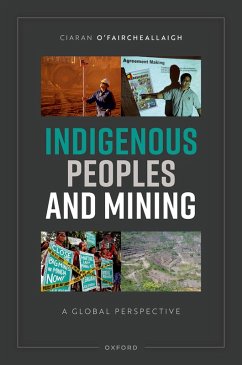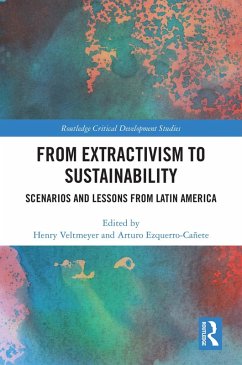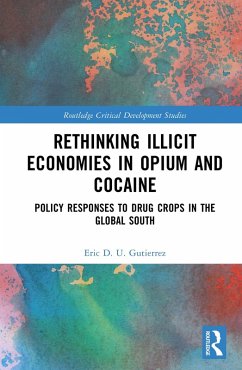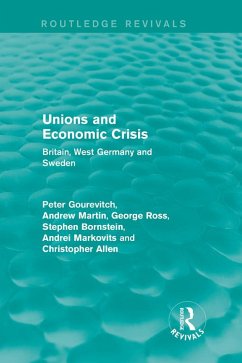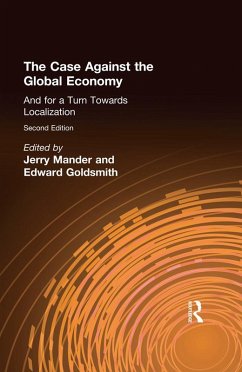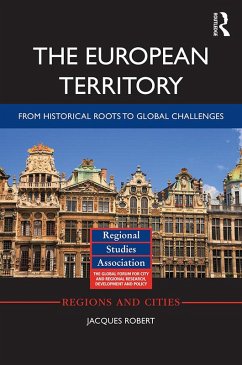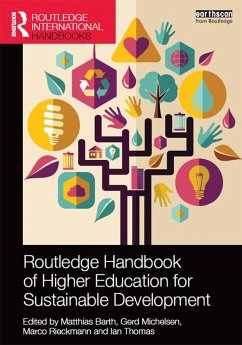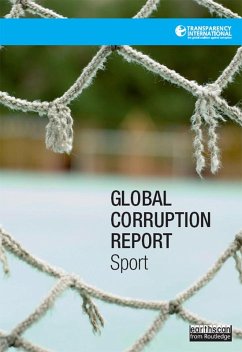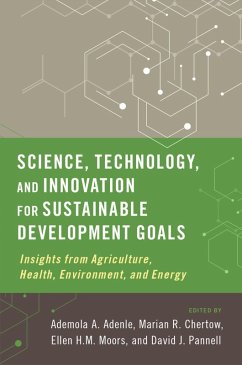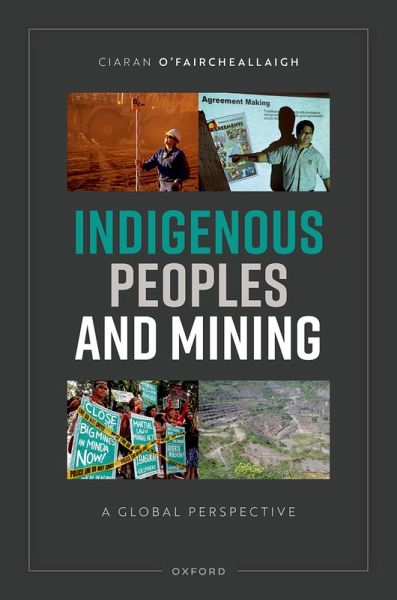
Indigenous Peoples and Mining (eBook, ePUB)
A Global Perspective
Versandkostenfrei!
Sofort per Download lieferbar
56,95 €
inkl. MwSt.
Weitere Ausgaben:

PAYBACK Punkte
28 °P sammeln!
Indigenous peoples have occupied their territories for thousands of years, territories that are increasingly being mined by an industry applying the most modern extractive, marketing, and transport technologies on a scale that can be difficult to comprehend. Mining reshapes landscapes, literally moving mountains and diverting rivers; the Indigenous owners of these landscapes often believe them to have been originally shaped by ancestor beings who still reside at mining locations. This book seeks to understand the political, social, economic, and cultural dynamic that is created by the relentle...
Indigenous peoples have occupied their territories for thousands of years, territories that are increasingly being mined by an industry applying the most modern extractive, marketing, and transport technologies on a scale that can be difficult to comprehend. Mining reshapes landscapes, literally moving mountains and diverting rivers; the Indigenous owners of these landscapes often believe them to have been originally shaped by ancestor beings who still reside at mining locations. This book seeks to understand the political, social, economic, and cultural dynamic that is created by the relentless expansion of mining into Indigenous territories. Contributing to such an understanding involves a task of global significance: Indigenous peoples embody a large part of the world's linguistic and cultural diversity; their lands cover an estimated 25 per cent of the world's land surface, intersect with about 40 per cent of all ecologically intact landscapes, and contain a large proportion of the world's mineral resources. Must interaction between Indigenous peoples and mining involve the destruction of Indigenous peoples, territories, and cultures? Can the remarkable resilience that has allowed Indigenous peoples to survive for millennia enable them not only to survive, but to capitalize on the development opportunities offered by mining? What role are governments, international organizations, and civil society playing in shaping relations between mining and Indigenous peoples? Ciaran O'Faircheallaigh addresses these and other questions by drawing on his own 30 years of experience working with Indigenous communities as they deal with mining projects, and on the experiences of Indigenous peoples in some 15 countries from different regions of the globe.
Dieser Download kann aus rechtlichen Gründen nur mit Rechnungsadresse in A, B, BG, CY, CZ, D, DK, EW, E, FIN, F, GR, HR, H, IRL, I, LT, L, LR, M, NL, PL, P, R, S, SLO, SK ausgeliefert werden.




